Samoyed
Showing all 8 results
iHeartDogs is Your #1 Source for Samoyed Lover Gifts – Samoyed Shirts, Samoyed Sweatshirts, Samoyed Mugs, Samoyed Jewelry, Samoyed Memorial Products & More!
Each Purchase Helps Provides Donated Food to Shelter Dogs!
Since 2013, iHeartDogs has supported rescues and shelters through each purchase in our Samoyed gifts store. Shop Samoyed t-shirts for him, samoyed shirts for her, samoyed mugs, samoyed hoodies & sweaters, samoyed jewelry, and samoyed pet memorial gifts.
In our iHeartDogs Dog Health Supplements store, you’ll find Hip & joint supplements for your samoyed, samoyed probiotics, CBD for samoyeds, samoyed allergy supplements & fish oil, and samoyed dental chews & cleaners.
With the cost of veterinarian care skyrocketing, make sure you compare pet insurance plans for your samoyed. In recent years, many new pet insurance companies have entered the market and pet insurance for your samoyed has become more affordable.
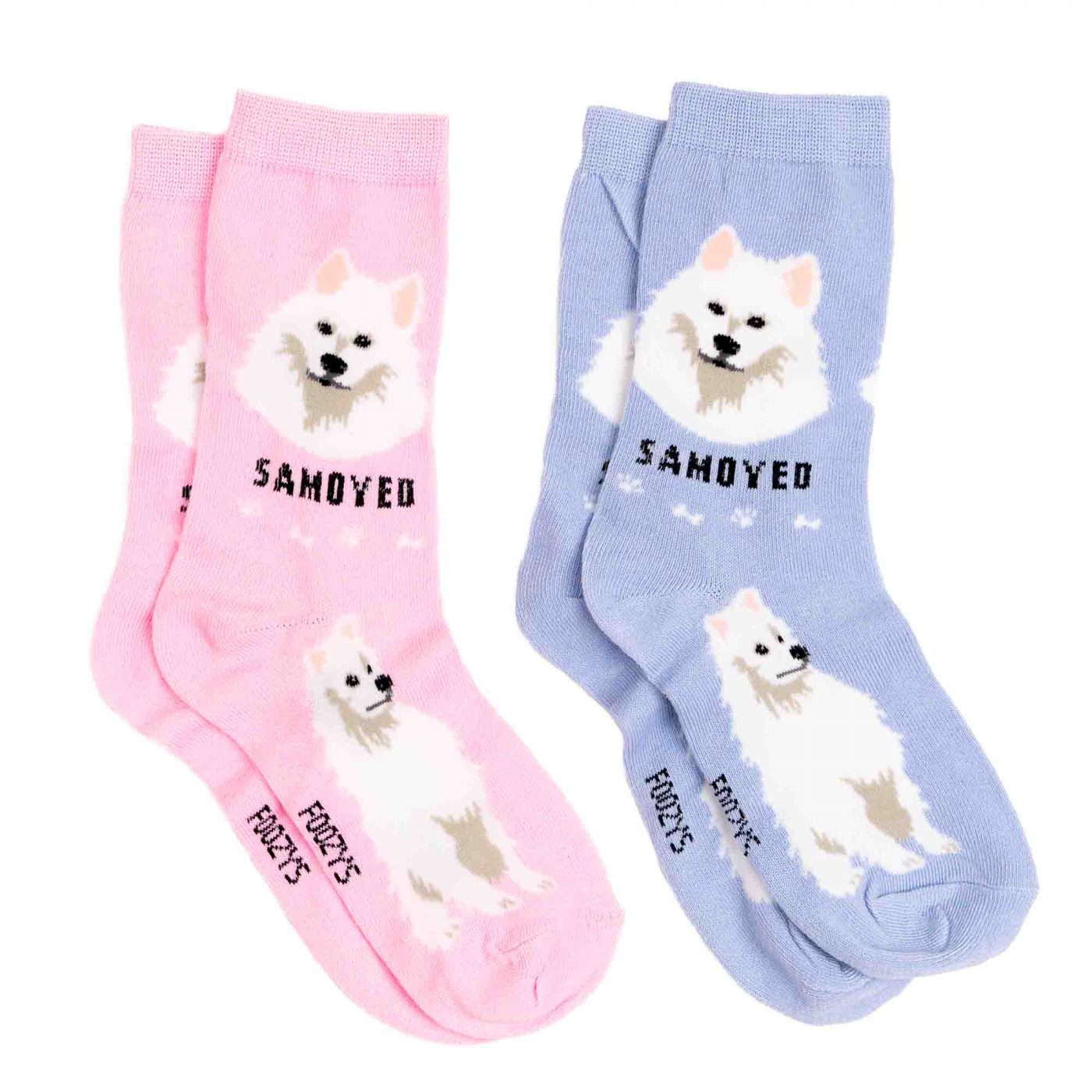
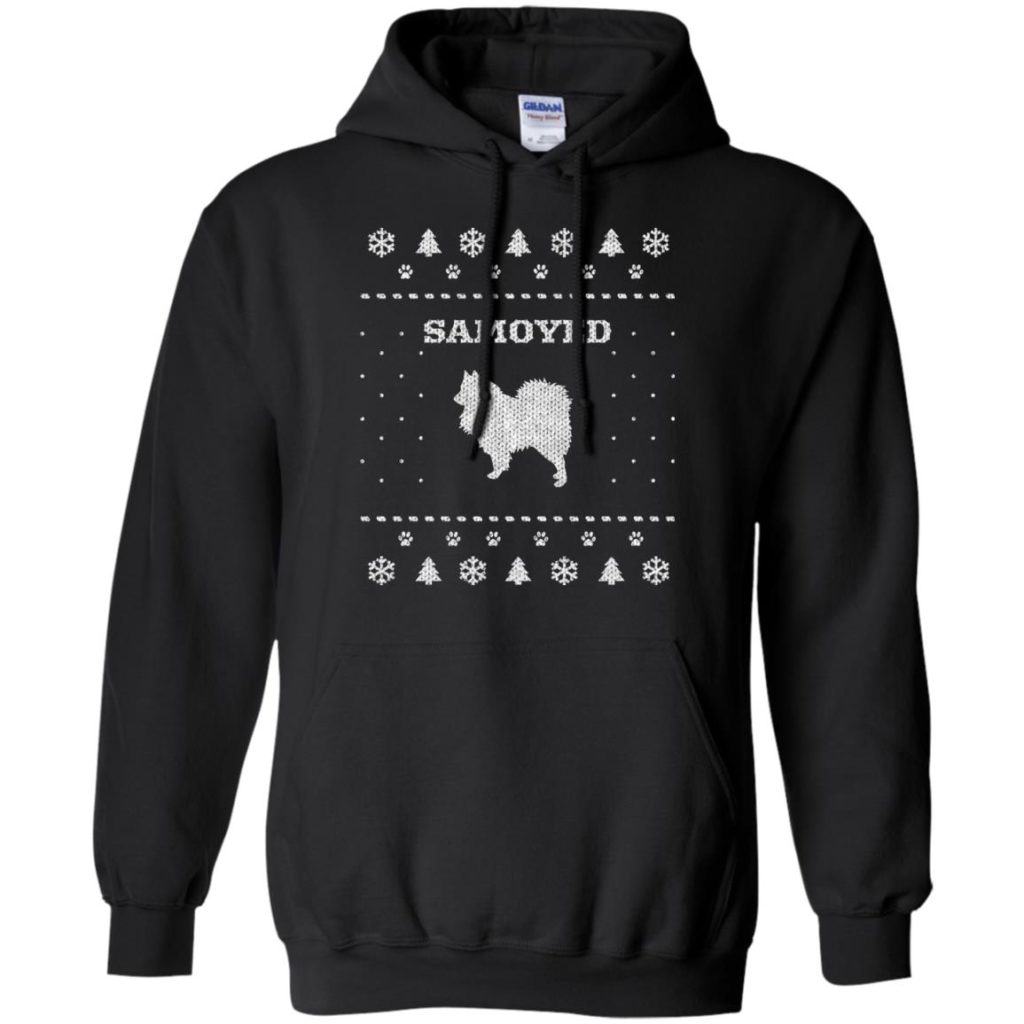







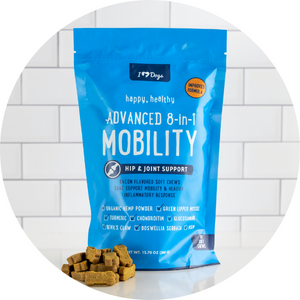

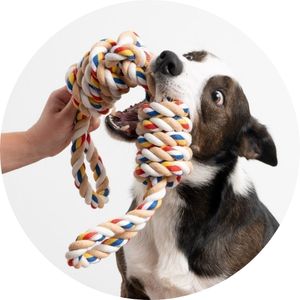

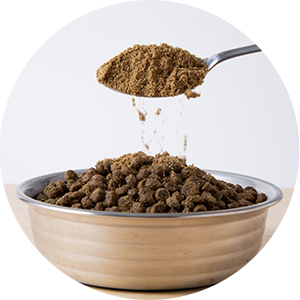
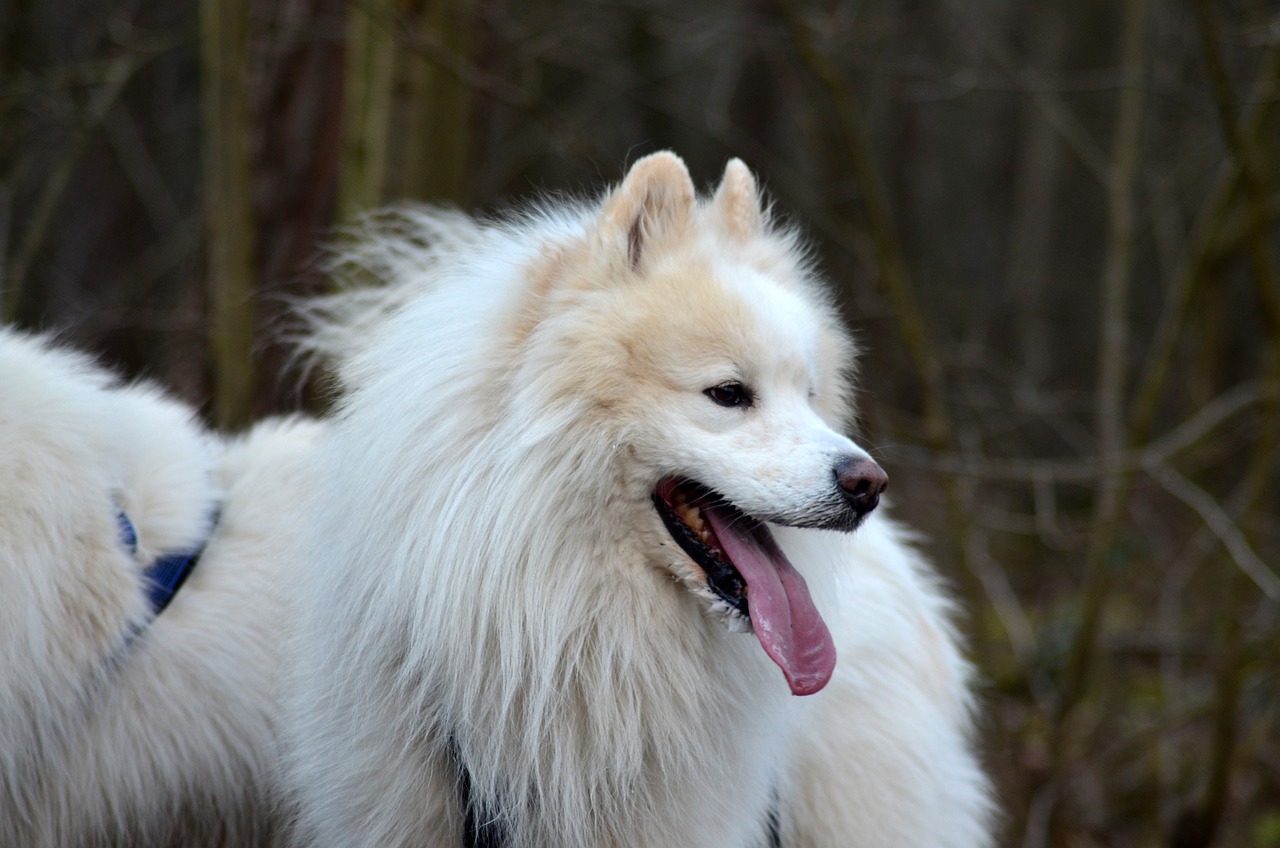

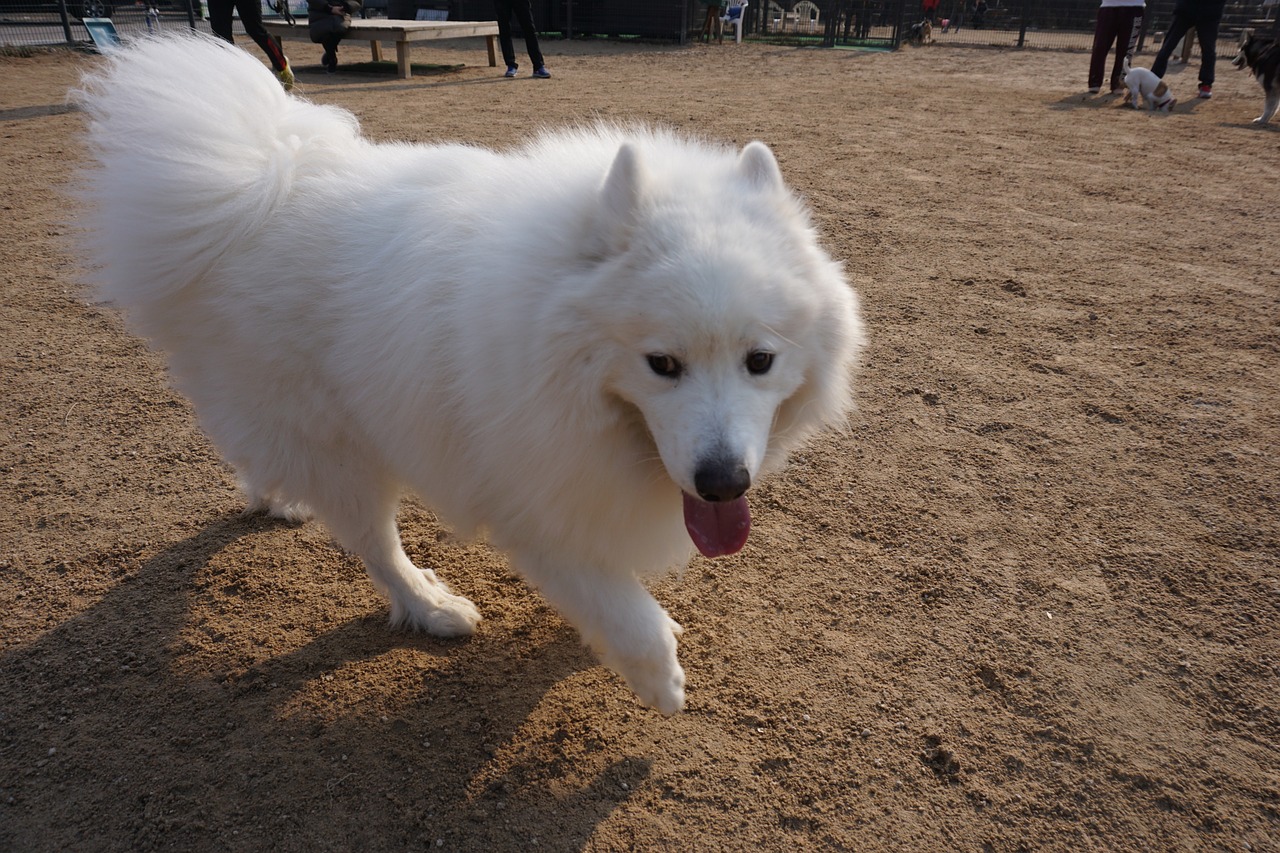
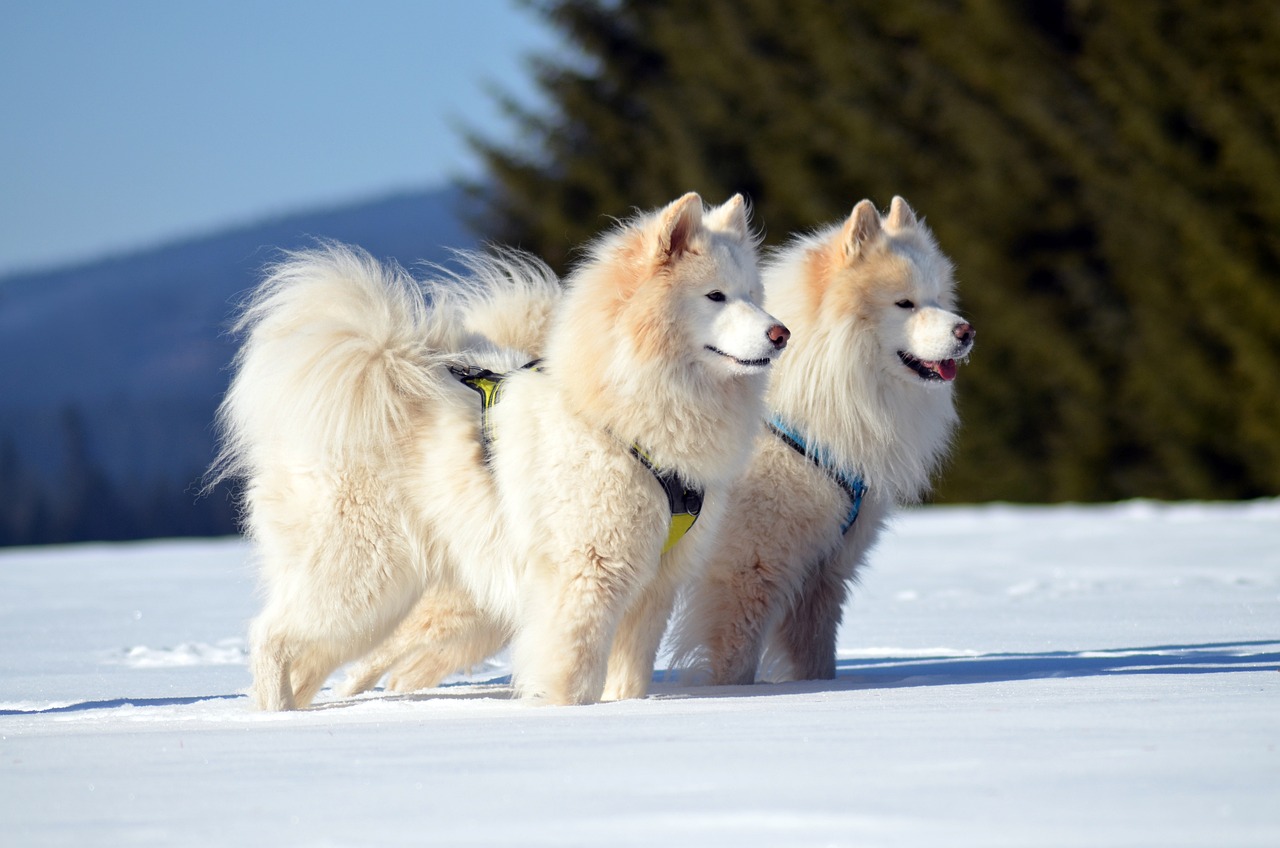
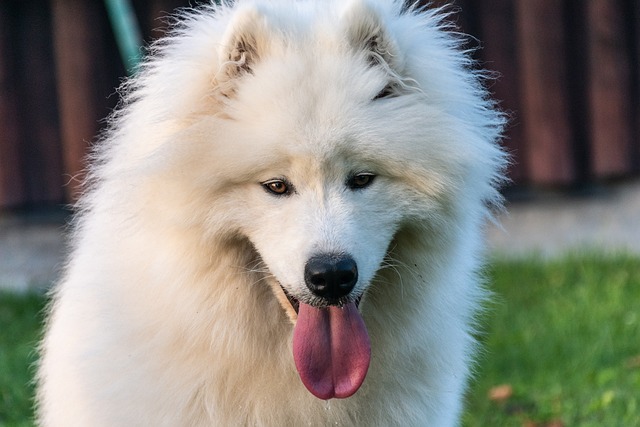
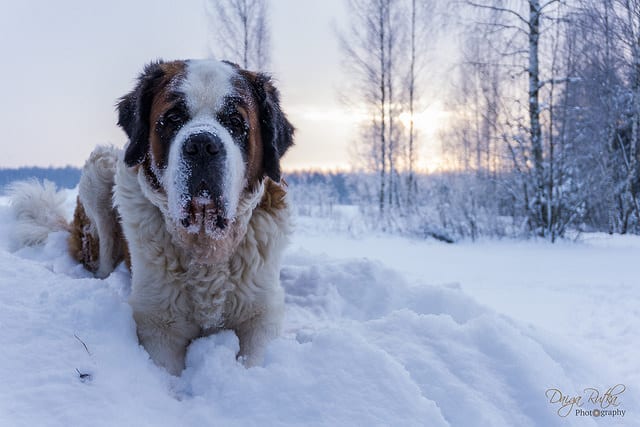

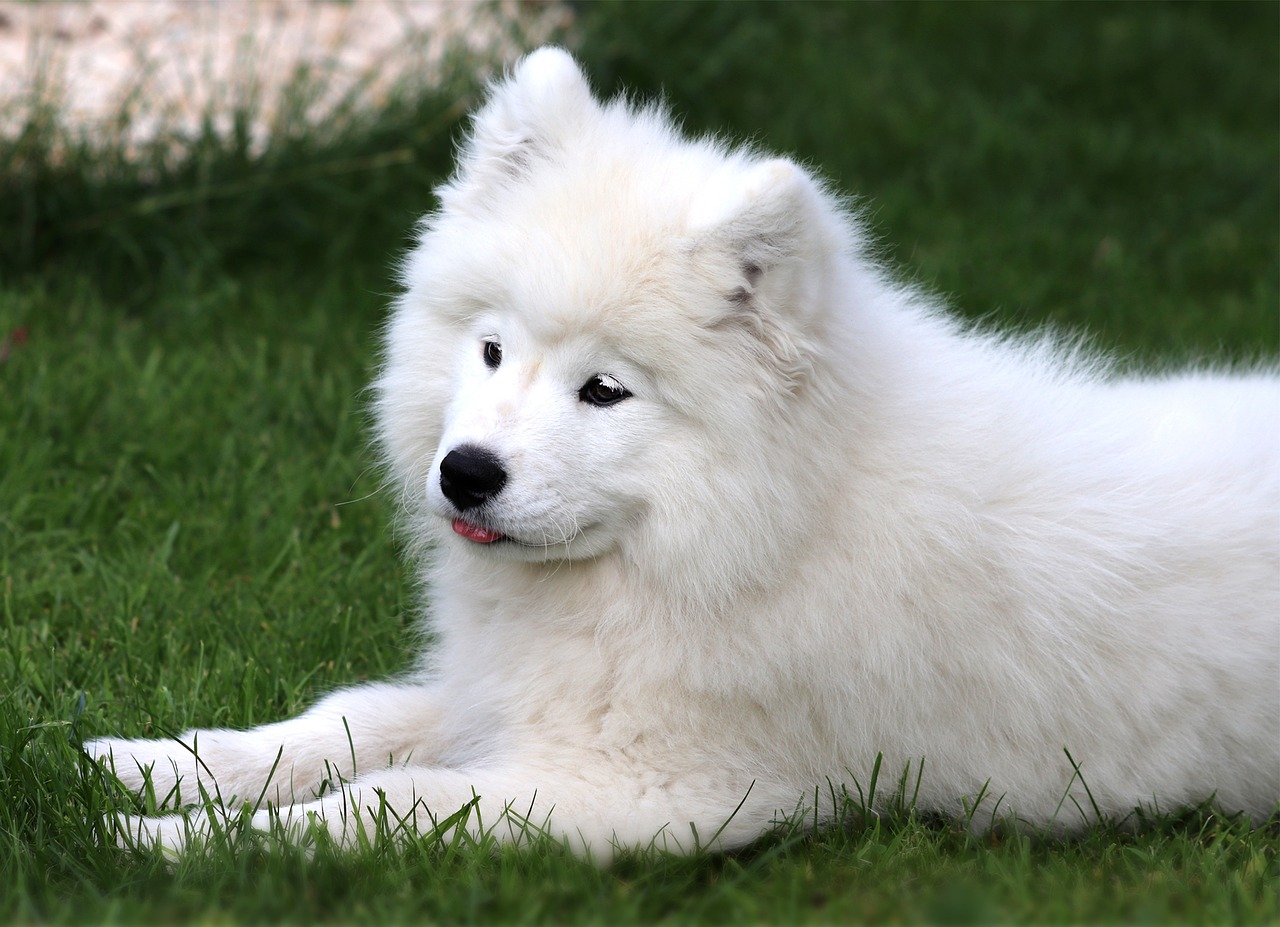
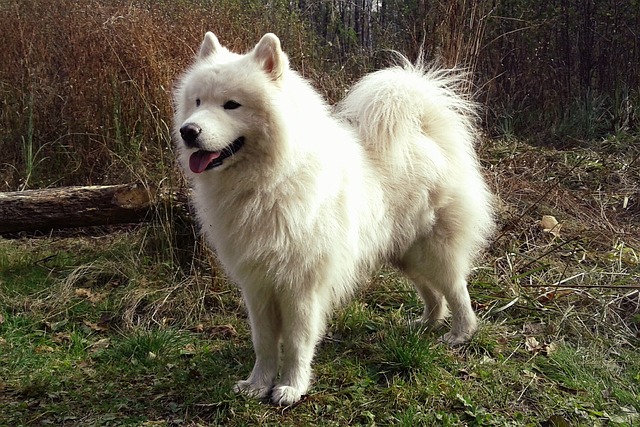
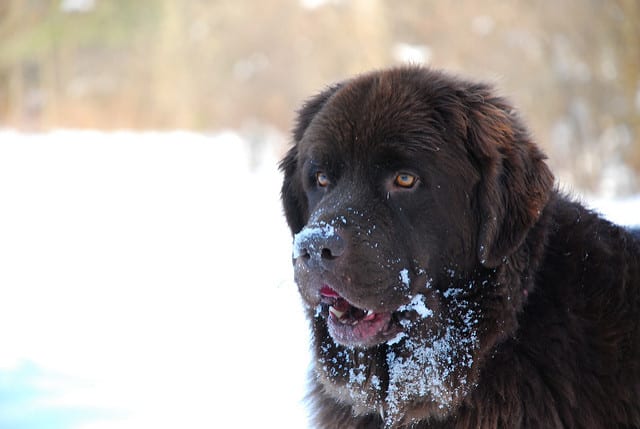
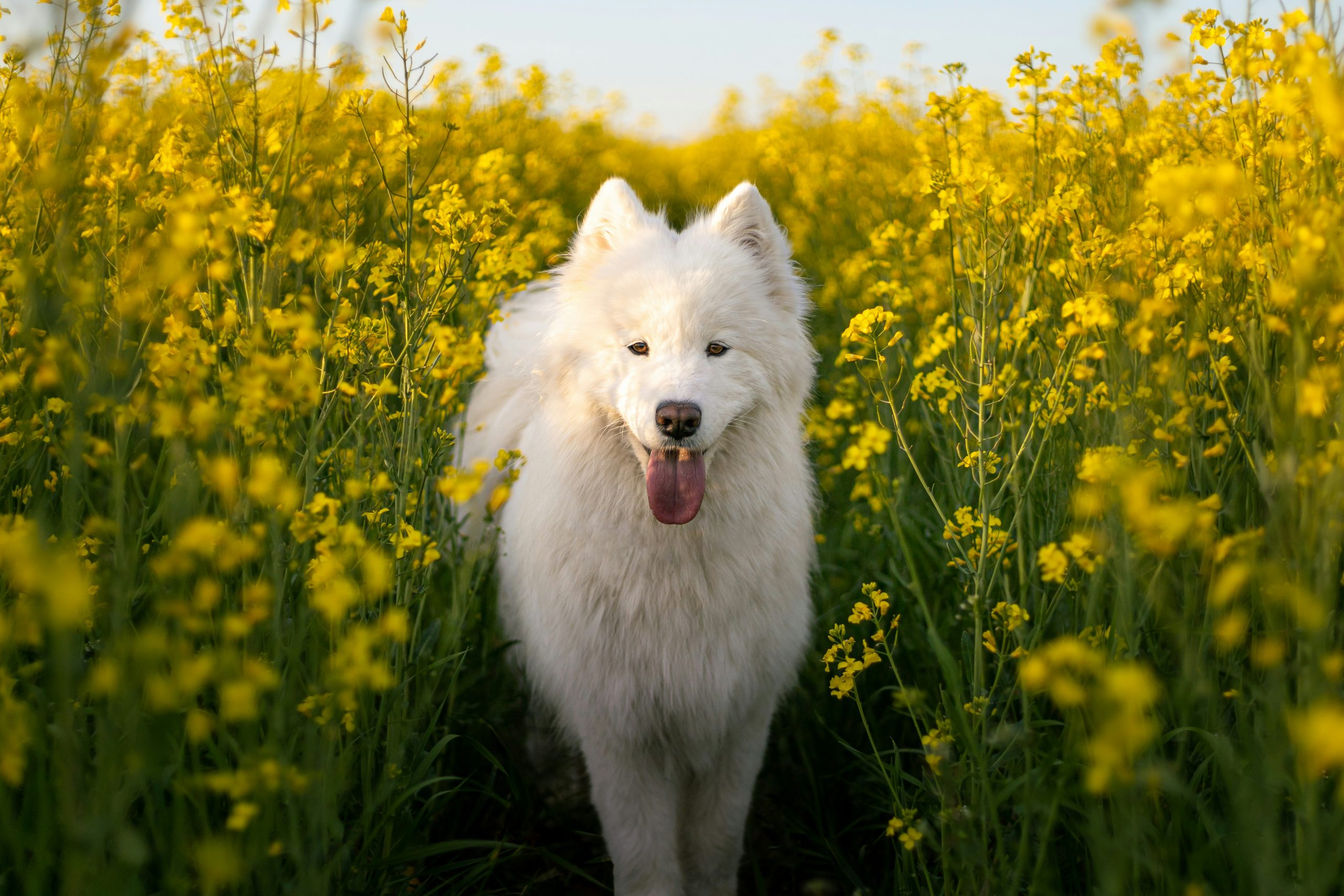


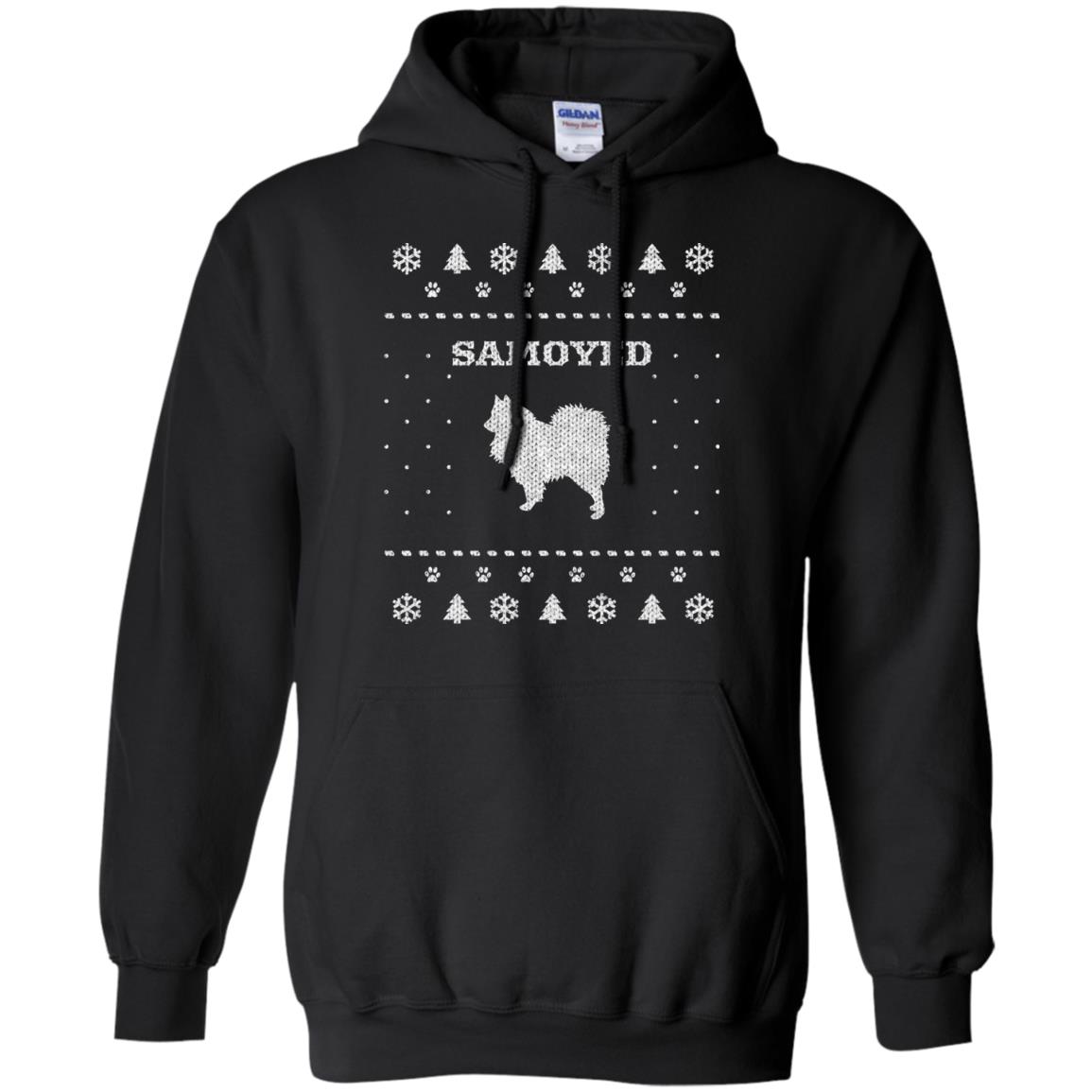
 Toledo, United States.
Toledo, United States.